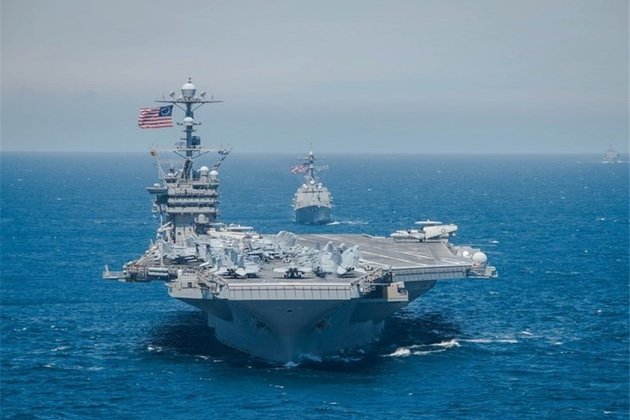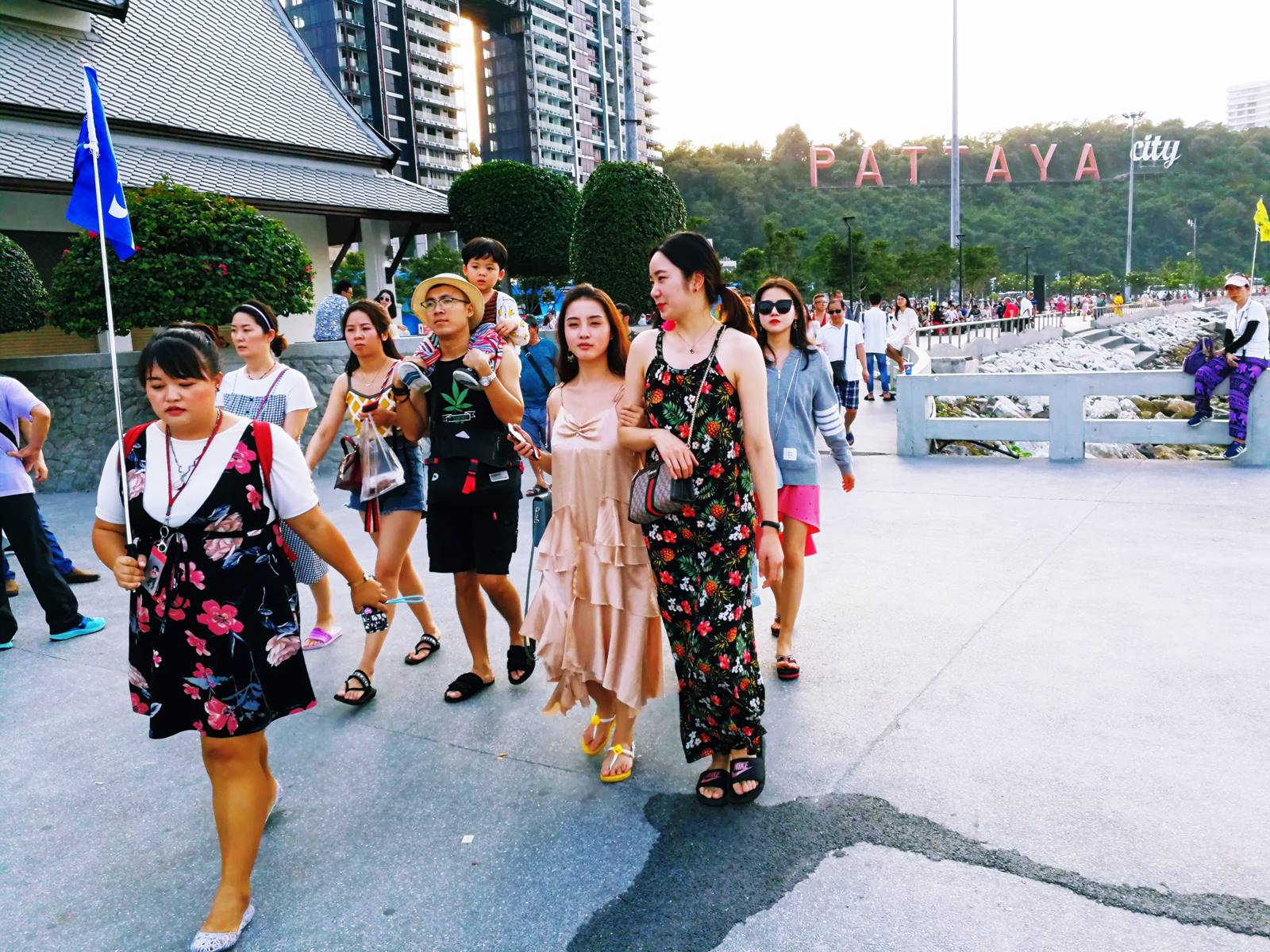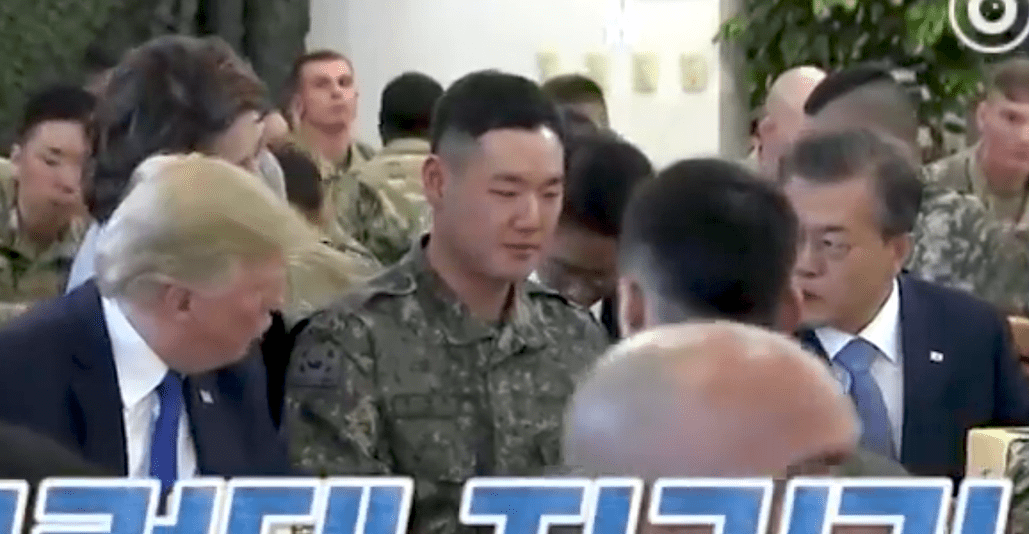Politics
Russia’s accession to the WTO
Author: Abdur Chowdhury, Marquette University Joining the WTO in 2012 marks the culmination of a long period of transformation for Russia, which first applied for membership in June 1993, and finally had its terms of entry accepted on 16 December . To join the WTO, Russia has had to overhaul its national laws to bring them into conformity with the global trade regime, and work out bilateral market-opening deals with all other members. Russia has agreed to slash tariffs, get rid of industrial subsidies and allow foreign companies greater access to its domestic market. The most important of these concessions is market access for foreign service-sector companies and banks, which was eagerly sought by European Union states. WTO membership will offer Russia some of the tools needed to rebalance its economy, which relies heavily on selling the nation’s oil. As a major oil exporter, over 50 per cent of its foreign trade is already tariff free. But the metallurgy and chemicals industries stand to gain from increased market access and protection from anti-dumping measures. In time, other industries will benefit from restructuring and increased productivity stimulated by increased competition. Russia needs foreign capital in order to modernise, and is aware of the need to project a more positive investment image. The largest gains from WTO membership will come from increased foreign investment in the Russian market for services. Clearly, WTO membership alone will not convince cautious investors — but opening the Russian economy to international practices can only have positive benefits for the business climate. Russian citizens will also benefit from WTO membership, not just because they will obtain access to cheaper goods, but also because greater infrastructure will be created to support local industries. WTO membership will ultimately mean a more predictable trade market in Russia, which is very important given the current global financial situation. Yet it presents challenges, too. While membership promises increased market access for Russian exports, Moscow will have to open the country to foreign imports. Agreements will need to be implemented as a means to attract investment, stimulate trade and increase competition . The challenges of membership are not limited to economic policy — they also undermine the political model that has come to define Russia since 2000. Under Putin, Russian citizens accepted reduced political freedoms in exchange for stability and economic growth. As a WTO member, Moscow will have fewer means to support inefficient industries against competition from abroad. This could cause problems for the many towns that rely on one factory or industry for jobs and public utilities. In the short run, reducing tariffs and other protective measures for import-sensitive industries, such as cars and aircraft, and opening up key financial service industries — banking and insurance — to foreign competition could lead to the loss of jobs in those areas. As such, the Russian government may need to provide unemployment insurance and other adjustment assistance. But globally competitive industries, such as the raw-material producers, could see international markets opening up and an increase in foreign investment as accession forces Russia to restructure its economy. In the long run, evidence from economies that have gone through similar transitions suggests that trade liberalisation will lead to a more efficient Russian economy and better living standards for the average Russian citizen. New industries will probably emerge over time, helping to diversify the Russian economy. Until now, Russia has been the largest and most populous country not party to the WTO. Russia’s accession will significantly expand the geographical coverage of WTO rules to all major economies, bringing a larger degree of stability and transparency to the international trading system. At the same time, Russia’s entry into the WTO would continue a trend in which, as the WTO becomes larger and more diverse, it becomes more difficult for that membership to reach a consensus on important issues. In addition, trade disputes between Russia and its trading partners will be brought to the WTO for resolution rather than being addressed bilaterally, adding to the WTO’s ever-growing caseload. Still, to become a truly open economy, Russia will need to use WTO membership as a springboard for wider economic change. It still looks likely that Putin will be the one to face the tough realities of implementing WTO commitments, but he leads an elite that has long favoured protectionism and subsidy over serious reform. The long-term benefits of membership should nevertheless outweigh its initial costs. Russia will have to make courageous decisions on which industries are truly sustainable, and take measures to protect the population from the costs of adjustment. Abdur Chowdhury is Professor and Chair at the Department of Economics , Marquette University, Milwaukee. Russia debates the impact of WTO membership Russia and APEC 2012: imaginary engagement? China’s development since WTO accession

Author: Abdur Chowdhury, Marquette University
Joining the WTO in 2012 marks the culmination of a long period of transformation for Russia, which first applied for membership in June 1993, and finally had its terms of entry accepted on 16 December.

To join the WTO, Russia has had to overhaul its national laws to bring them into conformity with the global trade regime, and work out bilateral market-opening deals with all other members. Russia has agreed to slash tariffs, get rid of industrial subsidies and allow foreign companies greater access to its domestic market. The most important of these concessions is market access for foreign service-sector companies and banks, which was eagerly sought by European Union states.
WTO membership will offer Russia some of the tools needed to rebalance its economy, which relies heavily on selling the nation’s oil. As a major oil exporter, over 50 per cent of its foreign trade is already tariff free. But the metallurgy and chemicals industries stand to gain from increased market access and protection from anti-dumping measures. In time, other industries will benefit from restructuring and increased productivity stimulated by increased competition.
Russia needs foreign capital in order to modernise, and is aware of the need to project a more positive investment image. The largest gains from WTO membership will come from increased foreign investment in the Russian market for services. Clearly, WTO membership alone will not convince cautious investors — but opening the Russian economy to international practices can only have positive benefits for the business climate. Russian citizens will also benefit from WTO membership, not just because they will obtain access to cheaper goods, but also because greater infrastructure will be created to support local industries. WTO membership will ultimately mean a more predictable trade market in Russia, which is very important given the current global financial situation.
Yet it presents challenges, too. While membership promises increased market access for Russian exports, Moscow will have to open the country to foreign imports. Agreements will need to be implemented as a means to attract investment, stimulate trade and increase competition.
The challenges of membership are not limited to economic policy — they also undermine the political model that has come to define Russia since 2000. Under Putin, Russian citizens accepted reduced political freedoms in exchange for stability and economic growth. As a WTO member, Moscow will have fewer means to support inefficient industries against competition from abroad. This could cause problems for the many towns that rely on one factory or industry for jobs and public utilities.
In the short run, reducing tariffs and other protective measures for import-sensitive industries, such as cars and aircraft, and opening up key financial service industries — banking and insurance — to foreign competition could lead to the loss of jobs in those areas. As such, the Russian government may need to provide unemployment insurance and other adjustment assistance. But globally competitive industries, such as the raw-material producers, could see international markets opening up and an increase in foreign investment as accession forces Russia to restructure its economy.
In the long run, evidence from economies that have gone through similar transitions suggests that trade liberalisation will lead to a more efficient Russian economy and better living standards for the average Russian citizen. New industries will probably emerge over time, helping to diversify the Russian economy.
Until now, Russia has been the largest and most populous country not party to the WTO. Russia’s accession will significantly expand the geographical coverage of WTO rules to all major economies, bringing a larger degree of stability and transparency to the international trading system. At the same time, Russia’s entry into the WTO would continue a trend in which, as the WTO becomes larger and more diverse, it becomes more difficult for that membership to reach a consensus on important issues. In addition, trade disputes between Russia and its trading partners will be brought to the WTO for resolution rather than being addressed bilaterally, adding to the WTO’s ever-growing caseload.
Still, to become a truly open economy, Russia will need to use WTO membership as a springboard for wider economic change. It still looks likely that Putin will be the one to face the tough realities of implementing WTO commitments, but he leads an elite that has long favoured protectionism and subsidy over serious reform. The long-term benefits of membership should nevertheless outweigh its initial costs. Russia will have to make courageous decisions on which industries are truly sustainable, and take measures to protect the population from the costs of adjustment.
Abdur Chowdhury is Professor and Chair at the Department of Economics, Marquette University, Milwaukee.
- Russia debates the impact of WTO membership
- Russia and APEC 2012: imaginary engagement?
- China’s development since WTO accession
Excerpt from:
Russia’s accession to the WTO
Politics
US Navy Carrier Conducts Exercises in South China Sea

TEHRAN (Tasnim) – A US Navy aircraft carrier conducted exercises in the contested South China Sea on Friday, the US navy said in a statement. –
A strike group led by the USS Ronald Reagan conducted flight operations and high-end maritime stability operations and exercises, the statement said, Reuters reported.”Integration with our joint partners is essential to ensuring joint force responsiveness and lethality, and maintaining a free and open Indo-Pacific,” US Navy Commander Joshua Fagan, Task Force 70 air operations officer aboard USS Ronald Reagan, was quoted as saying.The drill comes amid heightened tensions between the United States and China.
Washington has criticized Beijing over its novel coronavirus response and accuses it of taking advantage of the pandemic to push territorial claims in the South China Sea and elsewhere.The United States has long opposed China’s expansive territorial claims in the South China Sea and has sent warships regularly through the strategic waterway.China has objected to such exercises and said the US rejection of its claims in the South China Sea has raised tension and undermined stability in the region.China claims nine tenths of the resource-rich South China Sea, through which some $3 trillion of trade passes a year. Brunei, Malaysia, the Philippines, Taiwan and Vietnam have competing claims.
Politics
How China is using tourism for geopolitical goals
The Chinese government has a degree of leverage over its tourists that other governments do not enjoy. Many Chinese tourists are new to international tourism and have limited international language abilities

Decades of astonishing economic growth have given China new tools for extending its influence abroad and achieving its political goals.
(more…)












